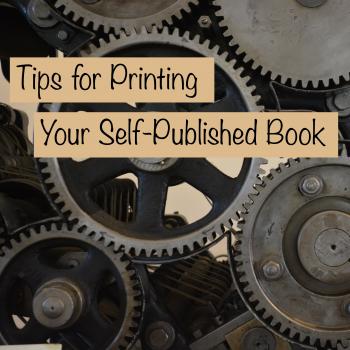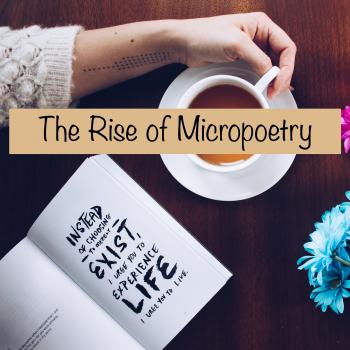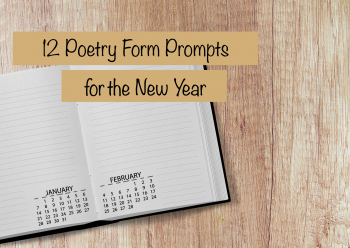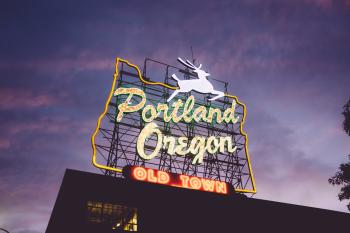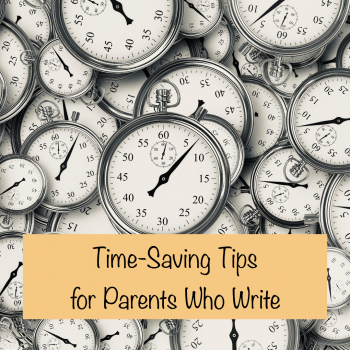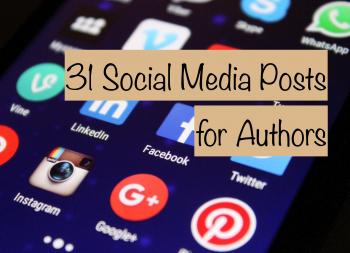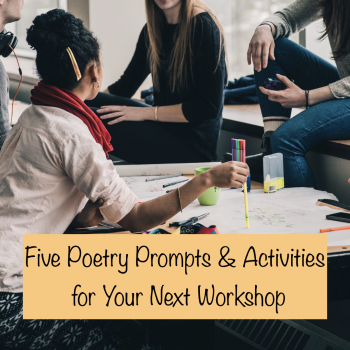Users Who Spiked
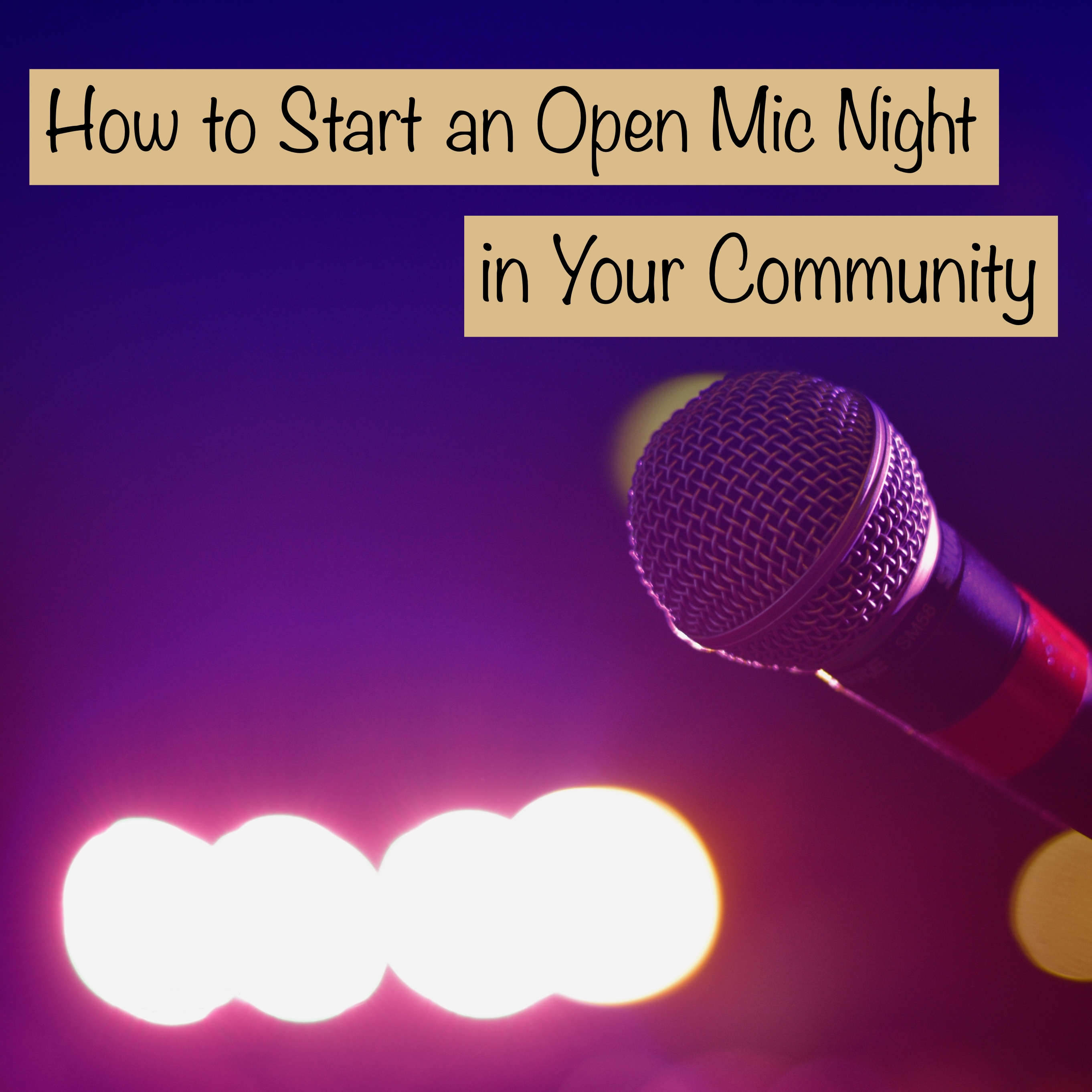
HOW TO START AN OPEN MIC NIGHT IN YOUR COMMUNITY
Private Notes
Private Notes
Notes
There are so many reasons to love open mics: they bring the local artistic community together, they give low-income students and community members access to the arts for little to no cost, and they allow musicians, singers, poets, and storytellers (like yourself) to try out new material in an encouraging environment.
Open mics are full or surprises – and hey, if the audience doesn’t like an act, they know that there will be another performer on in 5 minutes or so. If you're comfortable hosting, an open mic will give your personal work more exposure and give you motivation to keep writing new material. You'll also develop a valuable creative atmosphere and an engaged network for your cd or book launch, down the line. So mark your calendar and prepare for mic check; here are a few tips to start an open mic in your community.
1. Create the Guidelines
Who, What, Where, When, and Why? These age-old questions are important to help you create clear guidelines for your open mic. Performers and audiences need to know what to expect from your show. Some specific questions to consider are: Do the performers have to show up ahead of time to sign up or perhaps sign up by email? Are there any topics that you’d like to avoid? Is your open mic a safe space or is there complete freedom of speech? Is the open mic a monthly or weekly event? Is it free? Is there a limit to the number of songs or the time to perform? (I would suggest to start with a montly event with a limit of 5 minutes or two pieces per artist.)
If there are already other open mics in your city, sit down and think how you’d like to make your open mic different. Is it simply offered on a different night at a different location or are there other factors that you’d like to introduce? Perhaps you’d like to pick a specific theme (like love, science fiction, young adult) for each show or for the open mic in general.
2. Find a Venue
When I lived in Portland, Oregon, I hosted a show called “open heARTS” at a local coffee shop. Hosting the show came at absolutely no cost to me or the guests (though it had a social activism theme, so there were opportunities to donate to charity).
Here’s the short version of how I quickly secured a venue: The first step was to spend a few weeks checking out venues in my city. What cafés are already hosting shows? What places have their own stages or microphones? Where do local artists hang out? Once I found a coffee shop with great audio equipment and good vibes, I set up a meeting with the manager. I pitched my open mic to be on one of the evenings that she generally did not have a lot of business. It was a win-win situation. The coffee shop got more customers on a slow night, and I got a free space to host my open mic!
If you're nervous about starting in a public space, try hosting the first few sessions in a spacious living room or backyard.
3. Engage with the Community
Although social media is great for finding venues and gaining publicity for events, I’d say personal relationships are still quite important in the performance world. That means going to other open mics, poetry slams, concerts, shows, and workshops in your city--meeting other artists, and inviting them to perform. Contrary to popular beliefe, community events don't have to compete with each other. I certainly enjoyed going to different open mics and shows several times a week when I was a young artist. You can also network at places, other than performance venues, where artists are likely to hang out--hostels, college campuses, libraries, nonprofits--to name a few.
In terms of social media, make events for your open mic and make sure to include your location on posts. Platforms now give users the ability to search posts by location or location hashtags. Make sure to share events on your page and tag some friends, as sometimes it's not easy for people to notice events they've been invited to, among all their other alerts. You can also use Instagram hashtags to search for artists in your area. Find poems or songs that you admire and post a comment on the user's post inviting them to read or sing at your open mic.
4. Be Consistent
My last tip is to choose a schedule you can really stick to and, well, stick to it. Ideally you will have about 12 performers or at least an hour’s worth of performances for every show. However, that might not happen every time in the beginning. Try to be consistent with your show no matter what. Be that place that someone could stop by on a night they get off work early or when have an old friend in town, because they know the show is definitely going on. Let people come to depend on you. That might mean having a friend host for you sometimes when you have a major scheduling conflict, or coming up with some silly icebreakers or dad jokes to keep the audience engaged when your set list is short. If you are an artist, it may mean that there are shows where you perform more of your own work, or you may wish to find a house band or featured musician/poet who will play a longer set so your audience is guaranteed entertainment.
You'll also need to follow up with performers. This was a struggle for me, but it's definitely necessary. I recently replied to an email of a publishing company simply because they kept contacting me with consistent, thoughtful emails about my work, and I appreciated their hustle. Don't think that because you've notified someone three times about your open mic, they'll remember it, or that if they've never showed up for a show, there's no hope for them to be a feature. I know, self-promotion is a pain for most artists, but keep reaching out. Once you do have a group of performers, they will appreciate reminders about what time they need to be at the venue and the guidelines you've established.
Comments
Please login to post comments on this story
-
Consistency is definitely one of the best tips for starting a new project. Great advice. Thanks Andrea!


















